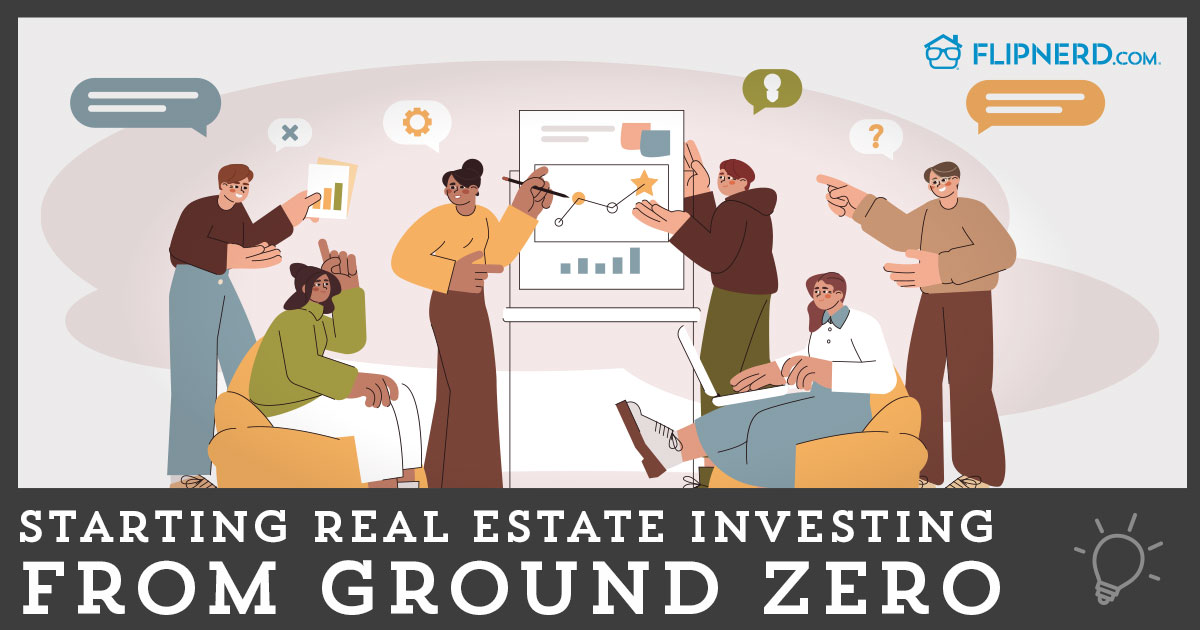Last month, the Federal Reserve increased the Federal Funds Rate by .25%.
The real estate market reacted immediately. The average rate for a 30-year mortgage increased by three basis points in a week, and hit 4.16%—the highest rates had reached in over two years.
Is it true that, according to Lawrence Yun, chief economist of the National Association of Realtors, that “The era of ultra-low interest rates is over”?
And if that’s true, what does that mean for the future of our real estate market?
Interest Rates and Mortgage Rates: A Complicated Reality
While mortgage rates are now the highest they’ve been in two years, they are not high by historical standards. Rates were recently over 5%—in 2010—and they have sat between 4-5% for much of the last six years. Yes, they hit a historical low of 3.31% in late November, 2012, but they only consistently remained below 4% in 2016. Even with the recent rise in mortgage rates, these rates remain low.
It is also important to note mortgage rates saw this volatility during a period of time when the Fed didn’t raise short-term rates at all. The Fed’s decisions do impact mortgage rates, but the Fed doesn’t directly set these rates. Instead, decisions the Fed makes are only one of many factors that determine mortgage rates and their fluctuations. As a recent article in Realtor Magazine explained, “Mortgage rates typically follow long-term bond rates, such as the 10-year U.S. Treasury note,” and not short-term interest rates.
Did the Mortgage Market Already Move?
The article goes on to note that “Longer-term rates typically adjust before the Fed makes a move.” This appears to be the case in recent mortgage rate increases. While mortgage rates did jump following the Fed’s rate hike, mortgage rates had already been increasing for over a month beforehand. Some of these increases may have been a response to the election response, but it’s likely rates were also increasing in anticipation of the Fed hiking rates as they did in December.
“Commercial real estate players saw the hike coming, and some say the change was already baked into the market,” according to Jamie Woodwell, VP of Commercial Real Estate research at the Mortgage Bankers Association. According to Woodwell, the recent Fed rate hike was “so widely telegraphed and anticipated” that it wasn’t likely to have “significant short-term impact on borrowing rates”.
It’s likely that the response to the Fed rate hike appeared in the mortgage rate before the Fed made their announcement. In fact, the mortgage rate may have prematurely over-reacted to the Fed rate hike—in the first week of January mortgage rates already began to fall.
Just as Federal rate hikes are only one factor in mortgage rates, rising mortgage rates themselves are only one factor in a potential homebuyer’s decision.
John Wake at Real Estate Decoded is one of many real estate analysts who feels rising mortgage rates can actually be good for real estate markets (especially in the short term). He argues rising interest rates incite potential homebuyers to make their purchase ahead of schedule because they want to lock in a good rate.
It seems the impact of Fed rate hikes and mortgage rates on the market may be more psychological than material. Some real estate analysts worry that more Fed rate hikes may lead to a 5% mortgage rate in coming years. While this sounds frightening, the actual financial impact on mortgages of rate increases is often small. Zillow ran the numbers for Washington, D.C., and found that the recent increase in mortgage rates from 4% to 4.25% on a $375,000 home will only increase monthly mortgage payments by $43. Seeing as D.C. home prices are reaching their highest levels in decades, and demand continues to outpace supply in our market, it’s unlikely $43 more in monthly mortgage prices will deter local homebuyers.
Ultimately, the Fed’s recent—and continued—rate hikes will produce some volatility in the local real estate market. Even if the Fed made no changes, market volatility would be inevitable.
Written by: Evergreen Private Finance










